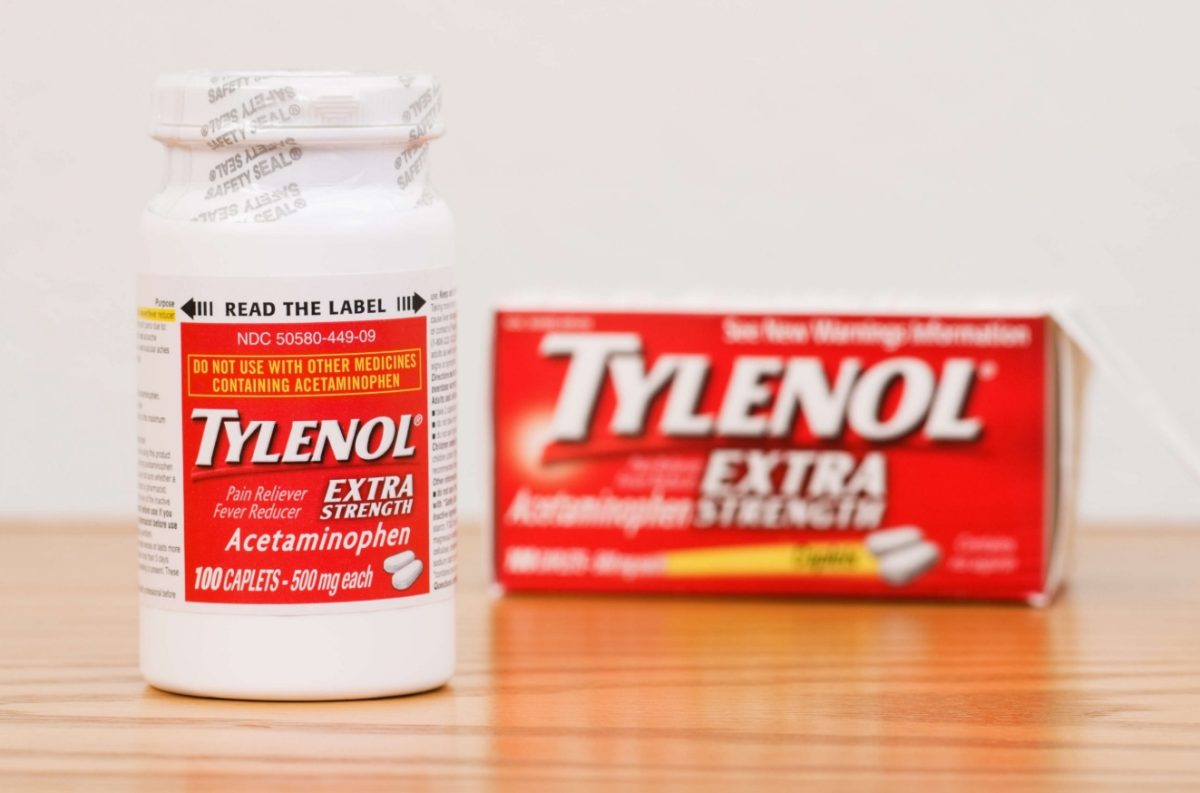Dr. Craig Spencer was hospitalized last week in New York after he contracted Ebola in Africa. On Monday, a 5-year-old old boy suspected of having Ebola who had just got back from Guinea was tested for the virus and admitted to the same hospital where Spencer is staying.
With the media covering all inklings of cases of the disease, it seems like we’re just a few international practicing doctors away from a real outbreak. This just isn’t the case, though.
The Centers for Disease Control and Prevention is trying to numb panic with reminders that we are more likely to get influenza than Ebola. Influenza is spread through the air, but Ebola requires direct contact with infected body fluids.
This can include aerosols, or contact with droplets of body fluids like saliva from a cough, in the air. Aerosols don’t travel much further than three feet, according to the CDC. That’s why personal protective gear is so important to workers treating Ebola patients. They’re in close quarters with any splashes or droplets from symptomatic patients.
The key word here is symptomatic. Even in Spencer’s case, where his New York excursions to a bowling alley and restaurants were reported, there is little cause for alarm. If he wasn’t symptomatic, he didn’t spread anything.
Sara Fruehling, Ph. D., an assistant professor of biology at Gannon University, said even the likelihood of the virus mutating to an airborne strain is very low.
It’s never been seen for human viruses to mutate in transmission mechanisms. She said Ebola has an RNA genome and brings its own RNA polymerase enzyme to read the code and make copies when entering a host.
“Usually these type of viruses make lots of mistakes during this process,” Fruehling said. “But Ebola actually has a low rate of genome mutation. The strain in the current outbreak is very close to that of the strain from the first outbreak is 1976.”
“That’s good news. It’s not like the flu virus where vaccines need to be changed every year to accommodate mutation.”
That being said, the National Institutes of Health recently reported the first clinical trials for an Ebola vaccine are beginning. This would only be applicable in countries hit the hardest, however.
“We usually see a quicker release of drugs and vaccines earlier than usual during epidemic times,” Fruehling said. “It will probably go to health care workers first because they’re at high risk. It could also be used for patients in early stages of the disease.”
Fruehling said that vaccines work to give the immune system a “heads up” with information on pathogens so they can be fought off. The Ebola virus makes this process harder because infection causes a miscommunication within the immune system, and that’s why symptoms hit so violently from the time they start appearing.
Any risk for Gannon students remains low. Fruehling said she does not see any immediate risk, but believes the outbreak is applicable to Gannon students.
“I hope this helps us see that we are connected by the need to take an interest in worldwide health,” she said.
Mackenzie Blaney, a sophomore nursing major, acknowledged this as well.
“The only reason I can’t see myself helping is that I have no desire to leave the country,” she said.
KELSEY GHERING, [email protected]







